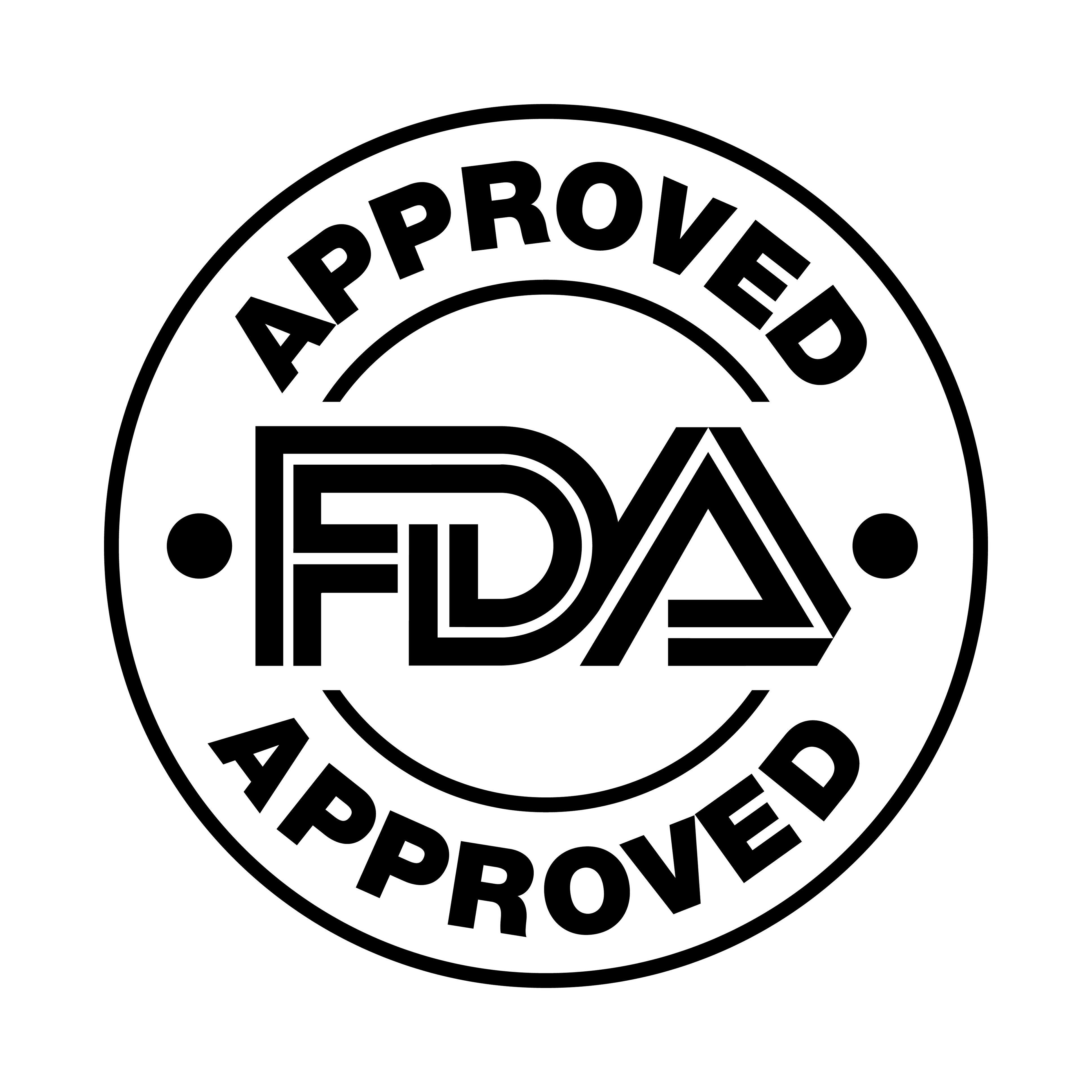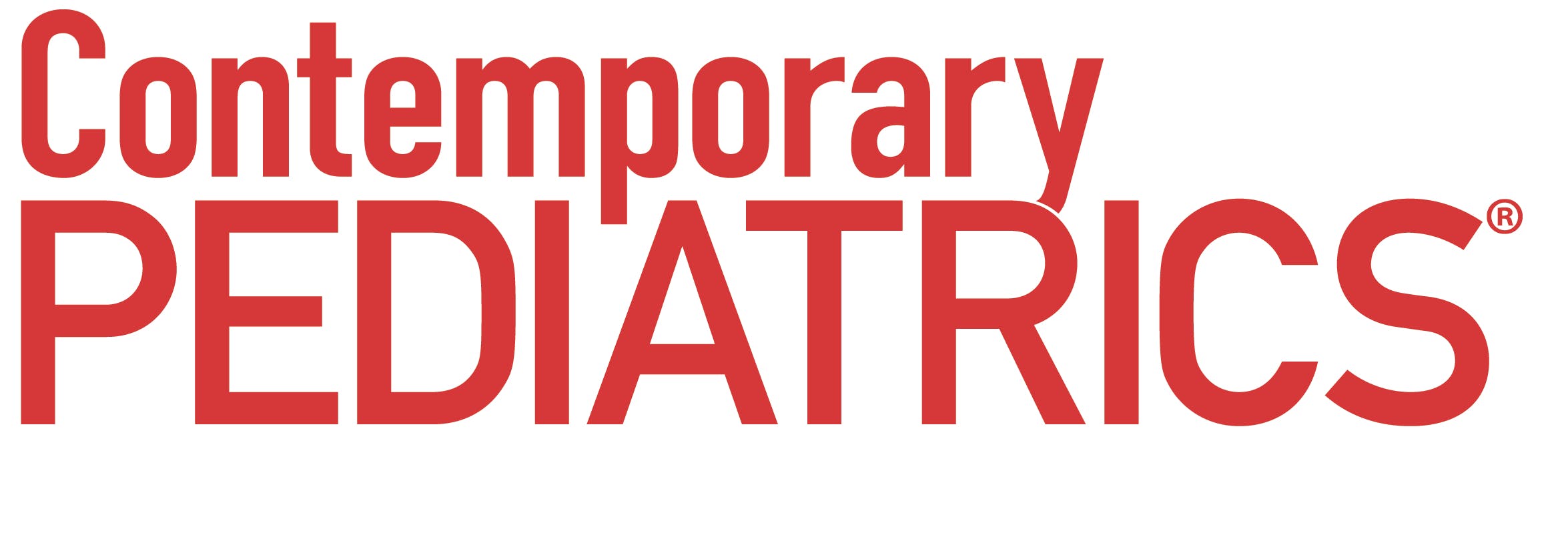FDA approves remestemcel-L-rknd to treat steroid-refractory acute graft-versus-host disease
With the federal agency's decision, remestemcel-L-rknd has become the first FDA-approved mesenchymal stromal cell therapy.
FDA approves remestemcel-L-rknd to treat steroid-refractory acute graft-versus-host disease | Image Credit: © Calin - © Calin - stock.adobe.com.

Ahead of the January 7, 2025 prescription drug user act fee date, the FDA has granted approval to Mesoblast's remestemcel-L-rknd (Ryoncil) for the treatment of steroid-refractory acute graft-versus-host disease (SR-aGVHD) in pediatric patients aged 2 months and older, according to a press release from the federal agency.1
With the approval of the allogeneic (donor) bone marrow-derived mesenchymal stromal cell (MSC) therapy, remestemcel-L-rknd is the first FDA-approved MSC therapy.1
"Today’s decision marks an important milestone in the use of innovative cell-based therapies to treat life-threatening diseases with devastating impacts on patients, including children,” said Peter Marks, MD, PhD, director of the FDA’s Center for Biologics Evaluation and Research (CBER), in a statement.1
"This first mesenchymal stromal cell therapy approval demonstrates the FDA’s commitment to supporting the development of safe and effective products that could improve the quality of life for patients with symptoms that are unresponsive to other therapies," said Marks.1
The life-threatening and serious condition can occur as a complication of allogeneic hematopoietic (blood) stem cell transplantation (allo-HSCT). In allo-HSCT, a patient receives hematopoietic stem cells from a healthy donor to replace their own stem cells and form new blood cells, a procedure often done as part of treatment for certain types of blood cancers, blood disorders or immune system disorders, stated the FDA.1
The approval is based on the safety and efficacy remestemcel-L-rknd demonstrated in a multicenter, single-arm study in 54 pediatric participants with SR-aGVHD after undergoing allo-HSCT.1,2
As Contemporary Pediatrics previously reported, 50% survival through 4 or more years during follow up in remestemcel-L-treated patients was observed in the phase 3 trial. According to a previous announcement from Mesoblast, less than 20% survival was expected based on severity of disease. A post-hoc propensity matched study was also included in a previous biologics license application, demonstrating that 6-month survival was 67% with remestemcel-L compared to 10% with other non-approved therapies.2
According to Mesoblast, the phase 3 trial took place across 20 centers in the Untied States where remestemcel-L was used as the first line of treatment for children who failed to respond to steroids for acute GVHD. The pre-specified primary endpoint, day 28 overall response (OR), was met, 70.4% vs 45% (P = 0.0003). An overall response at day 28 "was highly predictive of improved survival through day 100 (87% compared to 47% in patients that did not achieve day 28 OR P = 0.0001)," the company previously stated.2
Compared to a matched control group of pediatric patients from the Mount SWinai Acute GVHD International Consortium (MAGIC) database, pediatric patients treated with remestemcel-L achieved higher day 28 OR (70% vs 43%), and higher day 100 survival (74% vs 57%).2
“Steroid-refractory acute graft-versus-host disease can have significant, wide-ranging health consequences, including damage to multiple organs, reduced quality of life and risk of death in affected patients,” said Nicole Verdun, MD, director of the Office of Therapeutic Products in CBER, in a press release.1
“The FDA remains dedicated to helping address the urgent unmet needs of individuals with debilitating and deadly diseases, and today’s approval is an important step in that effort.”1
The FDA noted that infusion should be discontinued if there is any evidence of a reaction that may include1:
- Dyspnea
- Hypotension
- Fever
- Tachypnea
- Cyanosis
- Hypoxia
Remestemcel-L is contraindicated in patients with known hypersensitivity to dimethyl sulfoxide or porcine and bovine proteins.1
References:
1. FDA Approves First Mesenchymal Stromal Cell Therapy to Treat Steroid-refractory Acute Graft-versus-host Disease. FDA. Press release. December 18, 2024. Accessed December 18, 2024. https://www.fda.gov/news-events/press-announcements/fda-approves-first-mesenchymal-stromal-cell-therapy-treat-steroid-refractory-acute-graft-versus-host
2. Fitch, J. FDA accepts remestemcel-L BLA to treat steroid-refractory acute graft versus host disease. Contemporary Pediatrics. July 24, 2024. Accessed December 18, 2024. https://www.contemporarypediatrics.com/view/mesoblast-resubmits-remestemcel-l-bla-to-treat-steroid-refractory-acute-graft-versus-host-disease
















